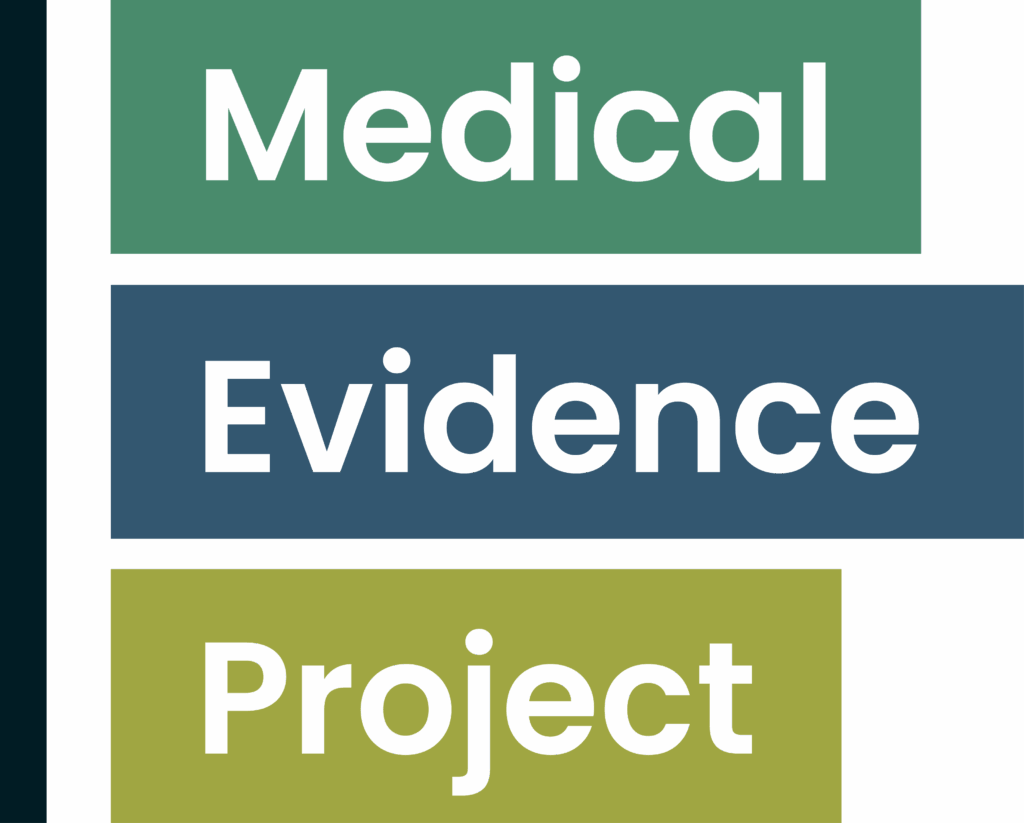Launched in June 2025, The Medical Evidence Project, a venture of The Center for Scientific Integrity, aims to reduce harm to patients and improve outcomes by finding and publicizing serious errors in the medical literature. Our team of analysts focuses its forensic efforts on medical research publications that have a disproportionately high impact on human health. We use meta-analytic techniques, some of which we have developed, to detect published work that appears to be erroneous and possibly fabricated. In the spirit of The Center for Scientific Integrity’s long history of bringing transparency to bear, the Medical Evidence Project team publishes its findings and also works closely with journalists – including our colleagues at Retraction Watch – to bring broad, high-quality reporting of our findings. Doing so helps impel those in power to take informed action, reducing unnecessary harm to patients.
The Medical Evidence Project’s staff
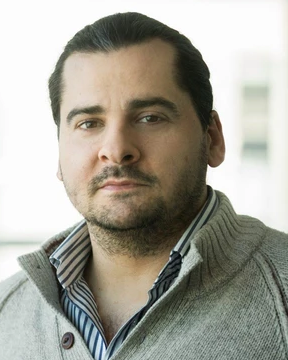
James Heathers is the director of the Medical Evidence Project, which aims to reduce harm to patients and improve outcomes by finding and publicizing serious errors in the medical literature. A forensic metascientist with a particular interest in detecting scientific fraud, he earned his Ph.D. in Psychology at the University of Sydney in 2015 after completing a thesis on methodological improvements in heart rate variability, and he currently holds a research affiliation with Sweden’s Linnaeus University. He is the author of An Introduction to Forensic Metascience (2025), an open-access textbook that explains techniques for establishing the trustworthiness of published science using computational methods. His peer reviewed work on the integrity of the scientific literature has been published in such journals as the BMJ and PLoS Biology, and in addition to his academic credentials, he comes to the Medical Evidence Project with extensive industry experience in scientific research and operations. His work has been covered in Nature, Politico, The Guardian, Business Standard, and The Economist. (Photo courtesy Northeastern University.)

Alice Dreger serves as editor for the Medical Evidence Project. She earned her Ph.D. in History and Philosophy of Science from Indiana University (1995) and has worked as a conventional academic, journalist, and editor since then. Her bylines include the New York Times, Washington Post, Wall Street Journal, Boston Globe, The Guardian, Slate, The Atlantic, and the Chronicle of Higher Education and her books have been published by Penguin Press, Harvard University Press, Cambridge University Press and others. Her best known book, Galileo’s Middle Finger, named an Editors’ Choice by the New York Times, includes the work of three long-form investigative projects. Her peer-reviewed work has been published in Human Nature, Archives of Sexual Behavior, the Journal of Pediatric Endocrinology and Metabolism and elsewhere, and she presently serves on the editorial board of the Journal of Controversial Ideas. She has won numerous awards for writing, teaching, and advocacy of academic freedom. View her website here. (Photo by Dylan Lees photography.)
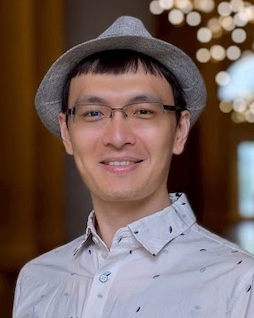
Yun-Fei Liu is a data analyst for the Medical Evidence Project, where he develops and maintains data pipelines for the project’s work – from web-scraping, data cleaning, database curating, to performing forensic analysis on questionable published data. His Ph.D. is in Cognitive Neuroscience from Johns Hopkins University (2023), where he is now doing a postdoc fellowship in the neuroscience of computer programming. He also holds a M.S. in Biomedical Engineering (2015) and B.S. in Electrical Engineering (2013) from National Taiwan University in Taipei. His publications include articles in Brain and Language, Journal of Neuroscience, Journal of Cognitive Neuroscience, and Nature Communications. View his website here.
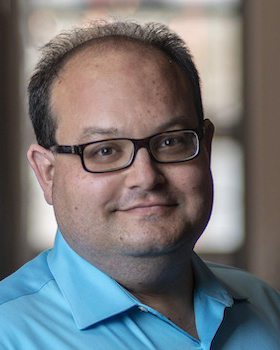
Ivan Oransky is the Executive Director of The Center for Scientific Integrity, the nonprofit home of the Medical Evidence Project. He is also Editor in Chief of The Transmitter, cofounder of Retraction Watch and Distinguished Journalist In Residence at New York University’s Carter Journalism Institute, where he teaches medical journalism in the Science, Health, and Environmental Reporting Program. In the past, he has been vice president of editorial at Medscape, vice president and global editorial director of MedPage Today, executive editor of Reuters Health, managing editor, online, of Scientific American, deputy editor of The Scientist, and editor-in-chief of the now-defunct Praxis Post. From 2017 until 2021, he served as president of the Association of Health Care Journalists. For three years, he taught in the health and medicine track at the City University of New York’s Graduate School of Journalism. He earned his bachelor’s at Harvard, where he was executive editor of The Harvard Crimson, and his M.D. at the New York University School of Medicine. Read more here.
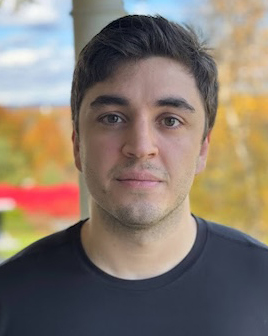
Matthew B. Jané served as a forensic analyst for the Medical Evidence Project in 2025. An expert in statistical methods for meta-analysis and forensic meta-science, he is earning a Ph.D. at the University of Connecticut in Quantitative Psychology. He holds an M.S. in Behavioral Neuroscience (2022) and a B.S. in Computational Neuroscience (2020) from the same institution. He is first author of the 2024 textbook Guide to Effect Sizes and Confident Intervals and he served on the editorial board for Psychological Bulletin as a methodological reviewer. View his website here.
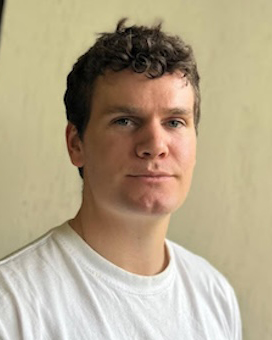
Adam O’Regan worked as an intern for The Center for Scientific Integrity’s Medical Evidence Project in 2025. His endeavors included extending forensic search pipelines to unincorporated databases as well as integrating AI tools for statistical analysis. He received a B.A. from Stanford University (2020) and an M.S. from Northwestern University, where he completed a thesis on genomic analysis and convened with forensic metascientists as a member of the Amaral Lab. His interests span genomics, therapeutic development, and public health.
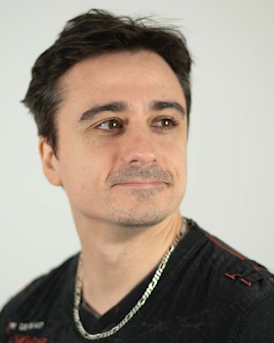
Nathanael Larigaldie served as an intern at The Center for Scientific Integrity’s Medical Evidence Project in 2025. He contributed to software and codebase development and maintenance and to the project’s meta-scientific investigations. He earned his Ph.D. in Psychology with a speciality in computational neuroscience in 2016 at Durham University, focusing on cognitive modeling using computational methods and Bayesian statistics, and in 2025 completed a postdoctoral fellowship in Cognitive Science at Aarhus University. His master’s degree (2015) was in Psychological Sciences from Université catholique de Louvain (Belgium) and his bachelor’s degree (2011), also in Psychology, was from Université de Poitiers (France). His scientific publications include articles in Behavioral Research Methods and PLOS Computational Biology. View his website here.
Financial information
The Medical Evidence Project, a venture of the Center for Scientific Integrity, launched in June 2025 and is funded by a grant from Open Philanthropy.
If you would like to support this work, please donate to The Medical Evidence Project.
Contact us
If you know of significant medical guidelines, clinical policies, or meta-analyses that appear to contain serious errors or potentially fraudulent material – material deserving of forensic work by the Medical Evidence Project – please contact us with your tips.
Contact information for our nonprofit home, the Center for Scientific Integrity, can be found here.
